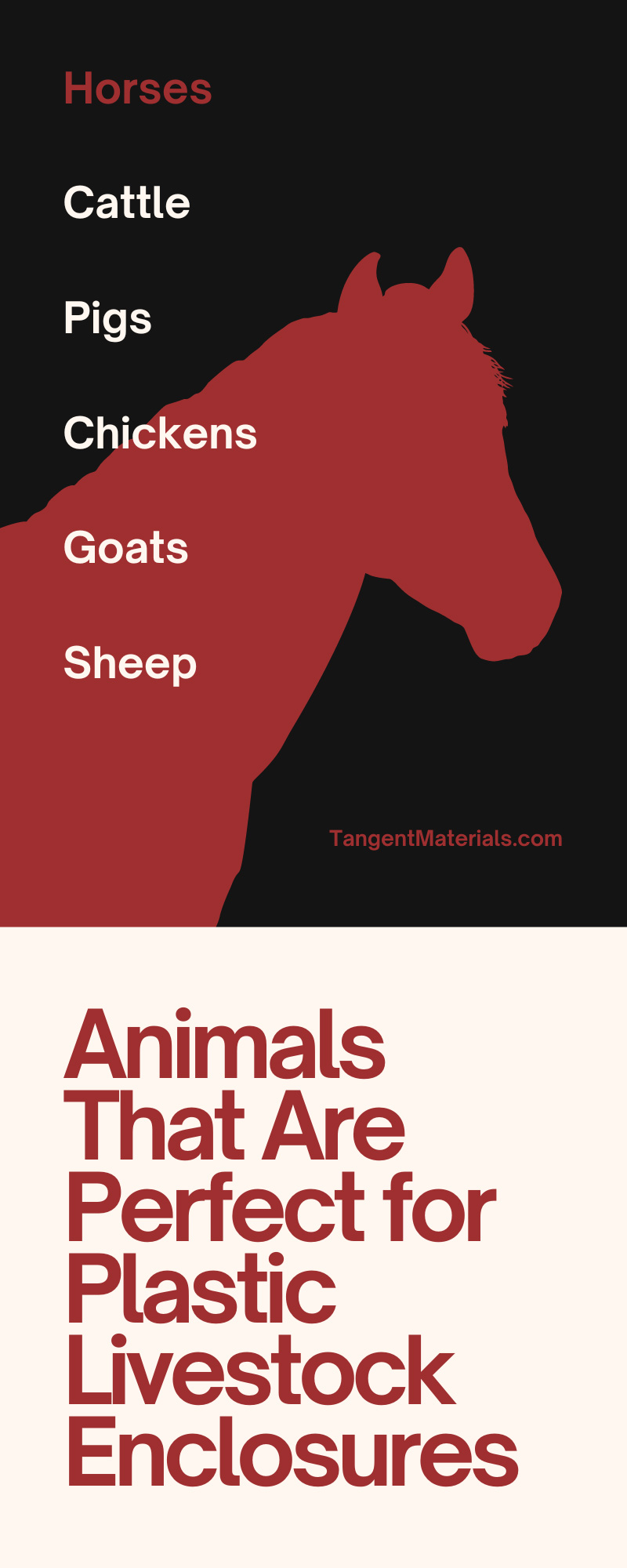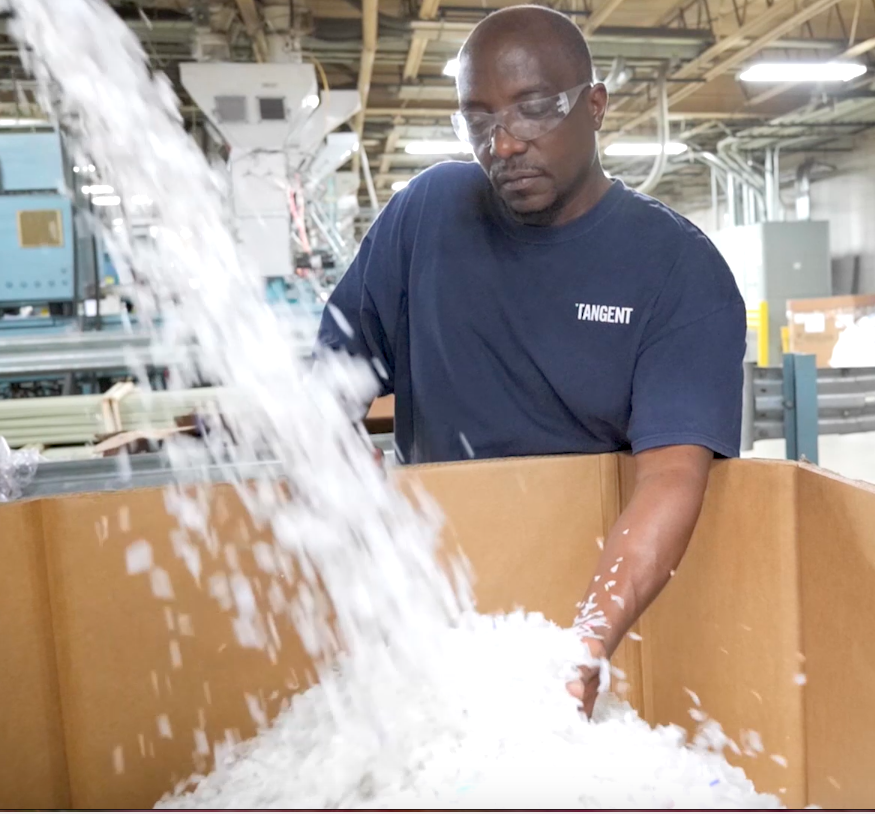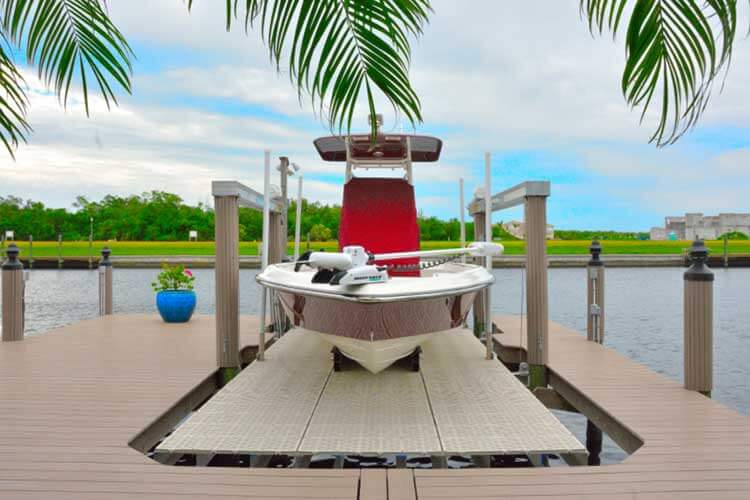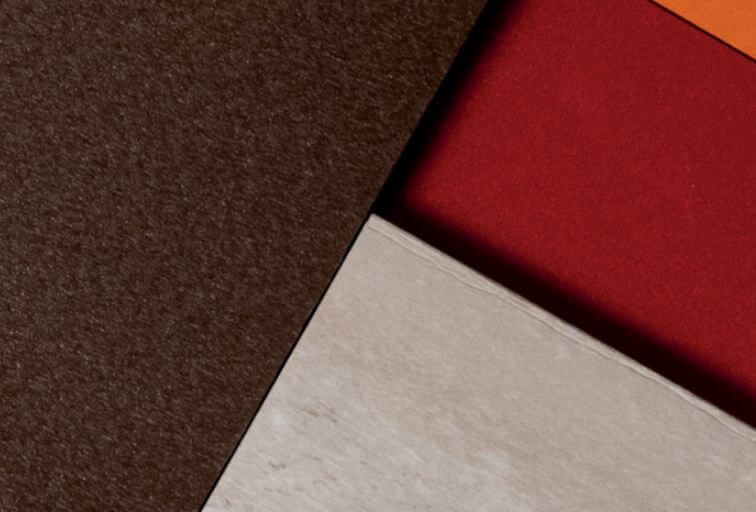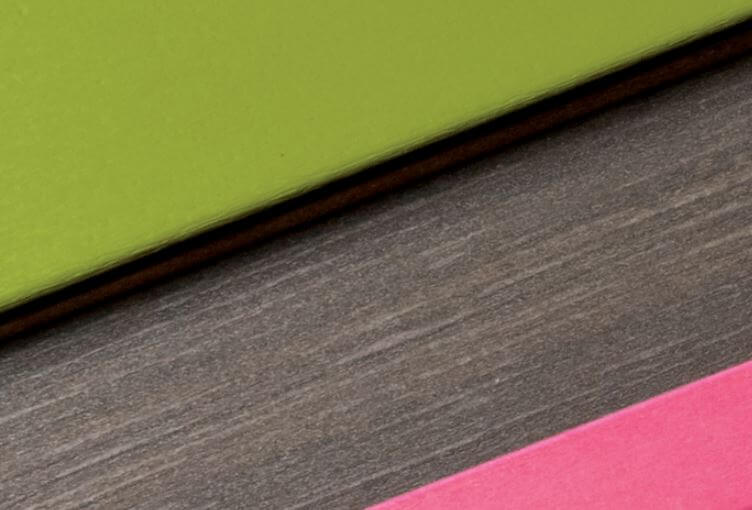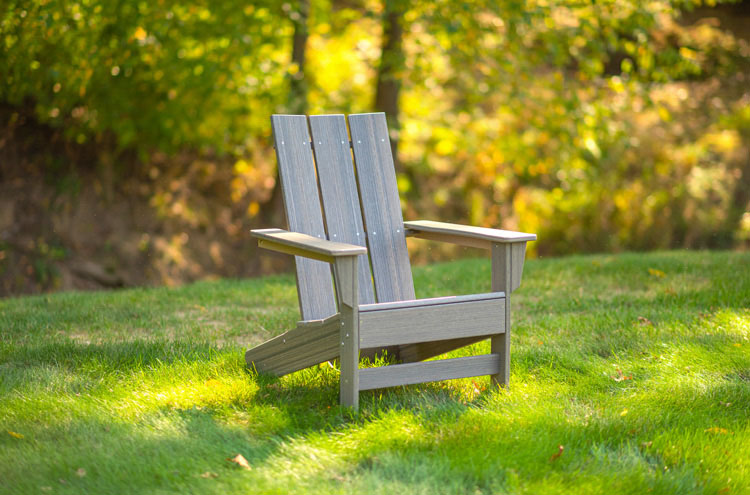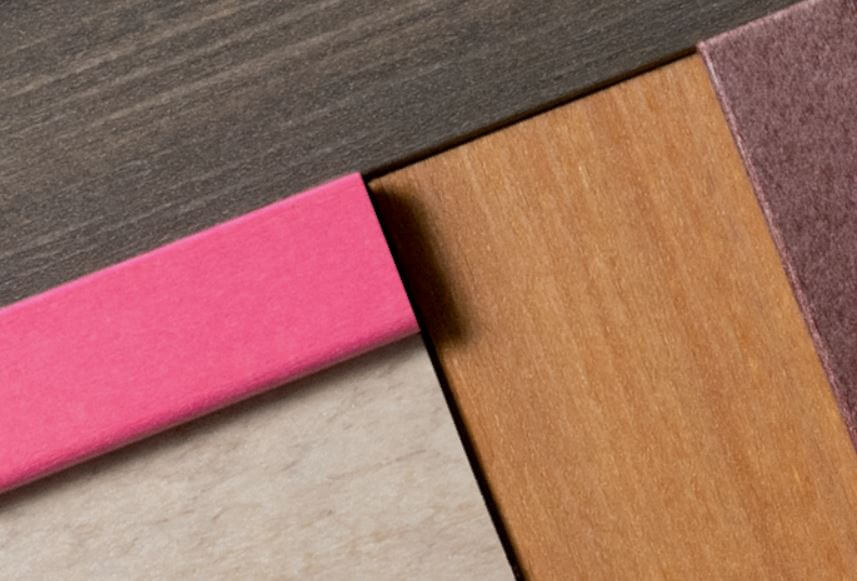8 Animals That Are Perfect for Plastic Livestock Enclosures
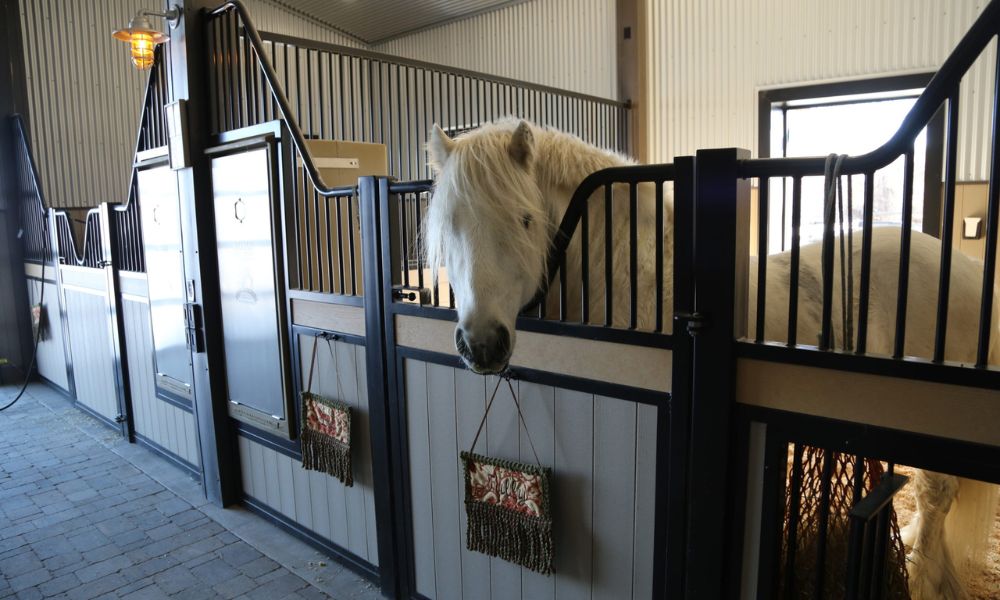
Numerous industries use plastic lumber and materials—including animal and livestock breeding. Our guide will explain the advantages plastic enclosures offer livestock and give examples of animals perfect for plastic pens.
Advantages of Plastic Enclosures for Livestock
Before we get into the animals, why should farmers and cultivators use plastic enclosures for their livestock in the first place? Pens made with synthetic materials like plastic lumber offer many advantages to the farmer and the animal over standard wood due to their durability, sanitation, safety, versatility, and low-maintenance requirements.
Sanitation
Everyone who owns, breeds, and raises livestock understands the necessity of clean facilities and enclosures. Even pet owners know how crucial sanitation is to animal health!
Plastic materials like plastic lumber are ideal for livestock enclosures because they’re much cleaner and easier to wash than typical wood. Plastic lumber is waterproof and pest-resistant—so livestock owners don’t have to worry about moldy or fungus-ridden wood in animal enclosures or hives of bugs and termites infesting the wood and the animals.
Durability
The materials of livestock enclosures can go through a lot of abuse from the weather and the animals themselves. Plastic lumber is much more capable of withstanding this abuse than organic wood, thanks to its synthetic makeup, making it much sturdier.
Plastic lumber is much less likely to splinter or crack from damage—and because it’s waterproof, there’s no worry of mold or dry rot taking hold and ruining the structural integrity. On average, plastic lumber can last years longer than typical wood—which means savings for the livestock owner and more comfortable surroundings for the animals.
Safety
Plastic enclosure materials’ sanitary and durability advantages also make them the safer option for livestock. Broken and dirty organic wood can injure animals or cause sickness in enclosures where many animals live close to one another.
Plus, because they’re more durable and stronger than natural wood, plastic lumber is better at keeping the animals in the pen and potential predators out. All of these advantages come together to create a safer enclosure for livestock.
Versatility
Farmers and those who raise livestock need to be able to adapt their enclosures and animal facilities to changing conditions. As much as we try to get it down to a science, breeding livestock is often unpredictable!
Plastic lumber is as adaptable and versatile as any natural wood, so owners can cut and shape it in any way they’d like. Whether owners need to expand or change their animal enclosure, plastic lumber is just as versatile as standard wood.
Low Maintenance
Breeding and raising livestock is not an easy task—there’s much that owners have to worry and think about, but plastic lumber makes it a little easier thanks to its durability and low maintenance requirements. Plastic wood doesn’t need to be repeatedly treated or stained year after year—it’s already water and insect-proof and capable of withstanding severe damage.
Plus, as we’ve mentioned, plastic lumber is much easier to clean than natural wood. A simple wash and rinse of plastic lumber are enough to make it good as new!
Animals Ideal for Plastic Livestock Enclosures
Many livestock breeds are ideal for plastic enclosures thanks to the many benefits of plastic lumber. To give you a few examples, we’ve compiled a list of eight animals that are perfect for plastic livestock enclosures.
#1: Horses
Perhaps the most common application for plastic materials in animal enclosures is for horse stables and pastures. Plastic horse fencing and stables are ideal for owners because they’re much more durable and sturdier than typical wood stables and fencing.
Horses are valuable commodities, and owners want to do everything they can to ensure their horses are comfortable and safe in clean and sanitary enclosures. Plastic lumber can keep horses in their pens and won’t endanger them with potential splinters or breaks in the fencing.
#2: Cattle
We all know that cattle like to have room to roam and graze—but they also need comfortable and protective enclosures to call home. Many farmers raise cattle in regions of the country with frigid winters, but owners can’t risk their cattle freezing.
Plastic lumber is ideal for cattle stall barns as it won’t break down and leave holes in the enclosure like old wood. Plus, cattle are large animals, and owners need reliable materials that can withstand the pressure and weight of cattle if they test their enclosures.
#3: Pigs
Like cattle, pigs love to roam in a pasture but still need a comfortable home to return to and rest in. And, as we all know, pigs and their pens can get quite messy. Plastic enclosures are excellent for pigs as they offer plenty of protection and are easy to clean for livestock owners.
Pro Tip
The rule of thumb for pig pens is that each pig should have about 128 square feet of space.
#4: Chickens
Like pigs, chickens need reliable enclosures that keep them inside, protected from the elements, and clean. Anyone who’s cleaned out a chicken coop knows how dirty they can get—which is why plastic enclosures are the perfect match with their sanitation advantages.
#5: Goats
Goats are perhaps the livestock most notorious for escaping their enclosures—so breeders need materials and pens they can depend on. Since plastic lumber is much more durable and resistant to damage than wood, it gives owners the best chance of keeping their prized goats in their enclosures and out of harm’s way.
Pro Tip
If you plan on having kids (infant goats), you’ll want to provide extra insulation and protection because kids are especially susceptible to cold and wet weather.
#6: Sheep
Sheep have that warm and comfortable wool coat to protect them from the elements, but they still need protection—especially after shearing! A plastic livestock enclosure is ideal for sheep as they’re more capable of keeping out the elements and protecting sheep and their valuable wool coats.
#7: Alpacas
Alpacas love to roam and get outside, but they’re also natural targets for predators like wolves and coyotes. Every alpaca farm needs a reliable enclosure to protect the animals, and plastic lumber is the most reliable material to withstand the natural elements and keep predators out.
Pro Tip
Most alpaca farmers choose a three-sided structure as it offers protection from the elements while giving the animals sufficient space to roam when they please.
#8: Donkeys
Donkeys may not be as romantic and exceptional as horses, but they’ve been reliable farm animals for humans since the birth of farming! With donkeys especially, robust enclosures and sanitary conditions are critical to animal health—so plastic lumber is the best material for a donkey pen.
